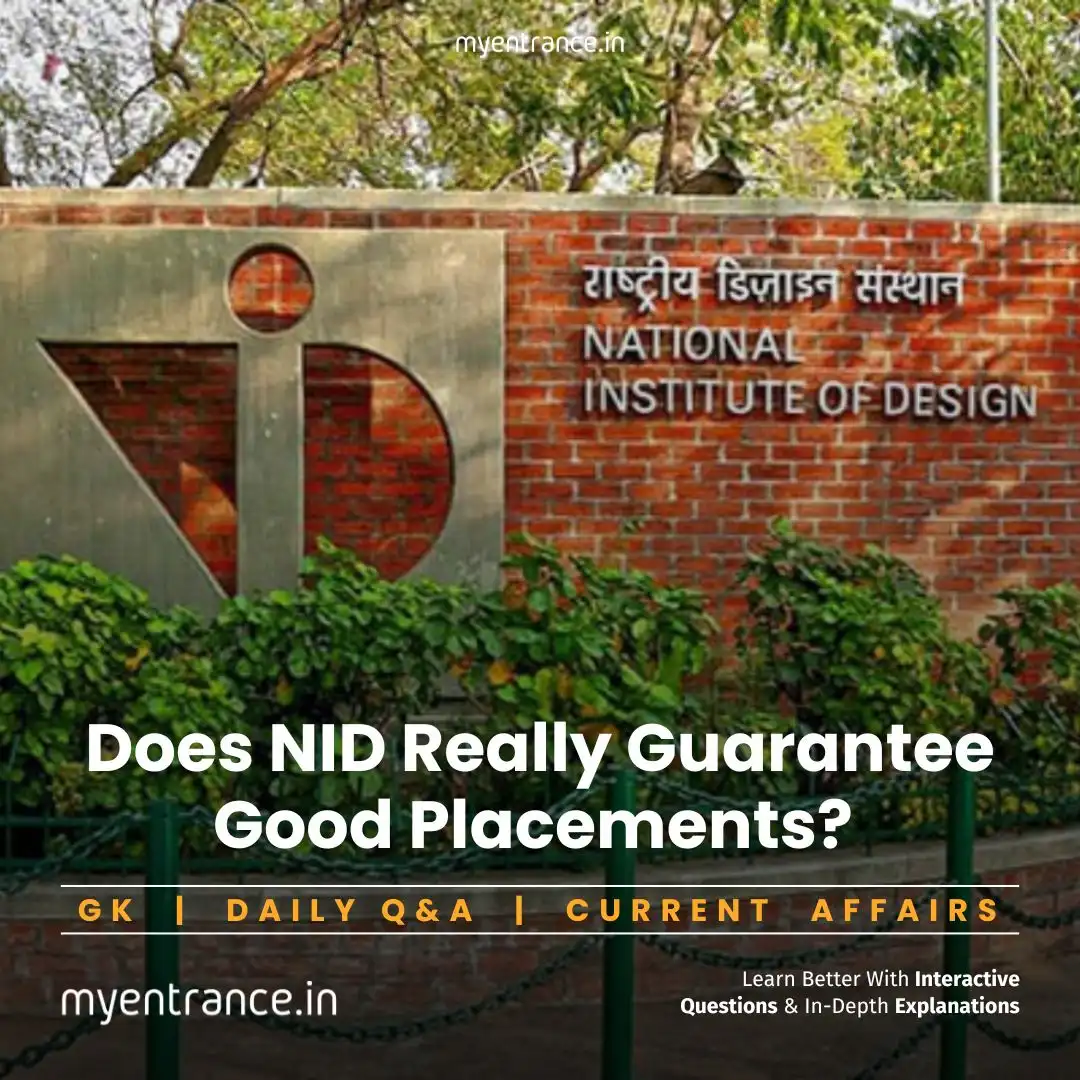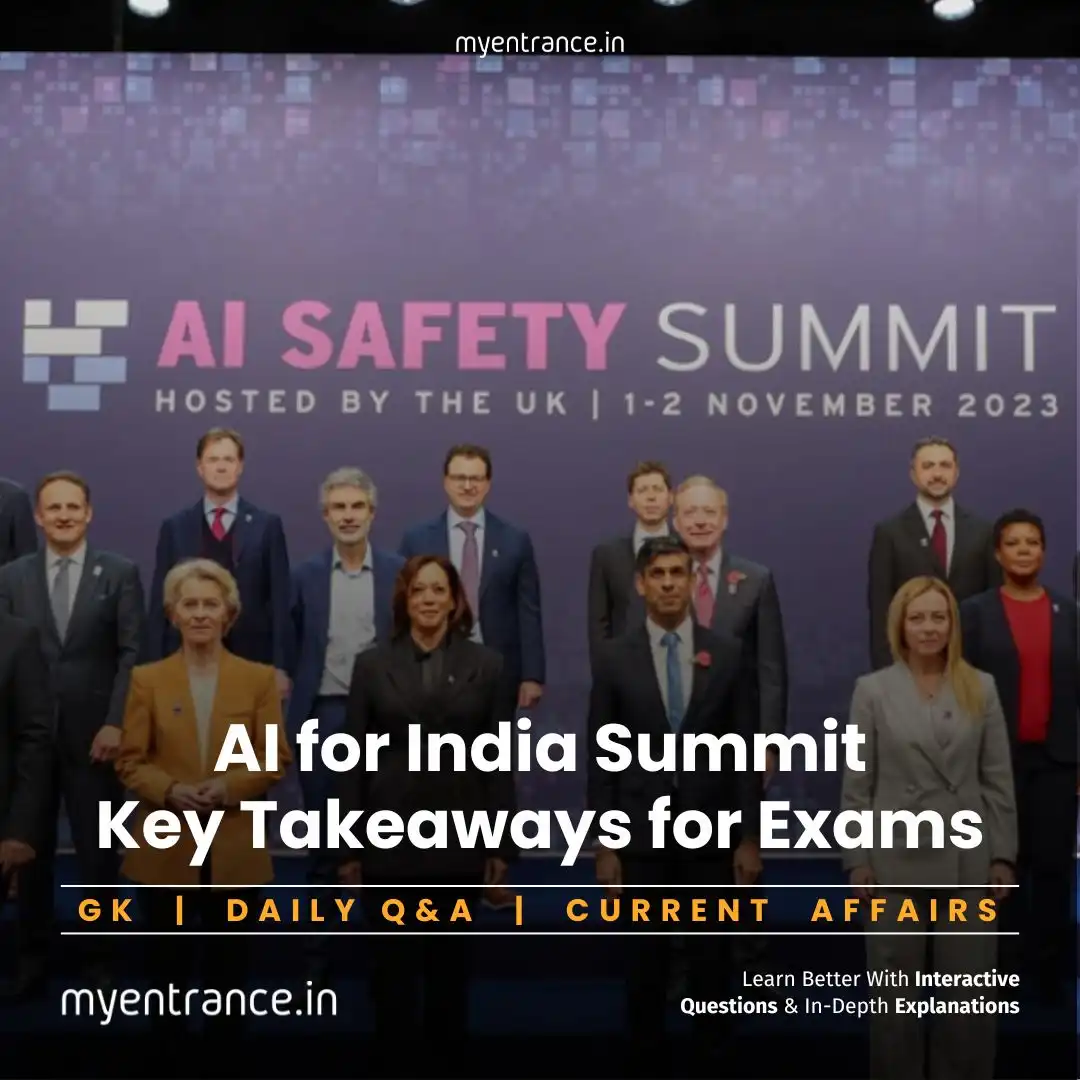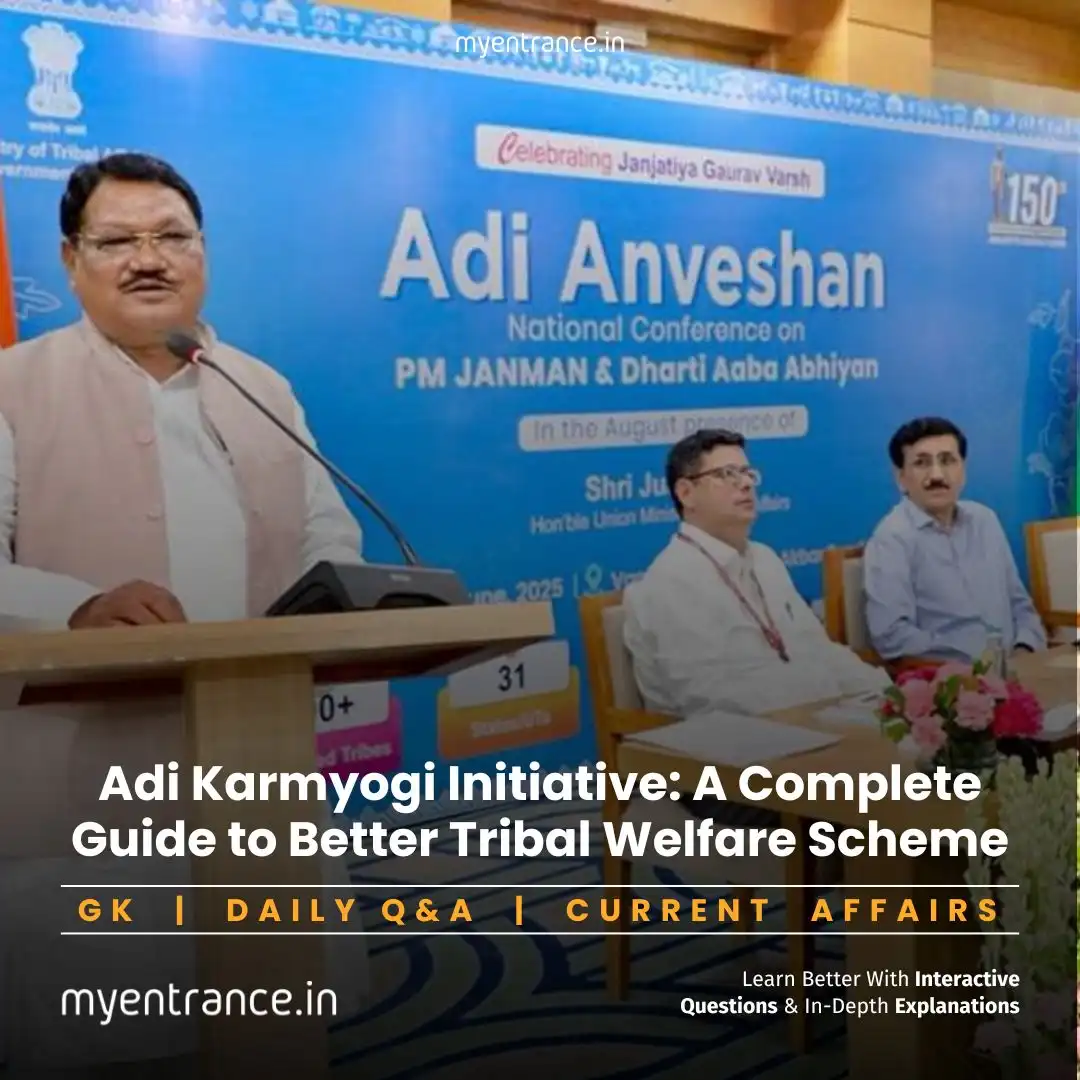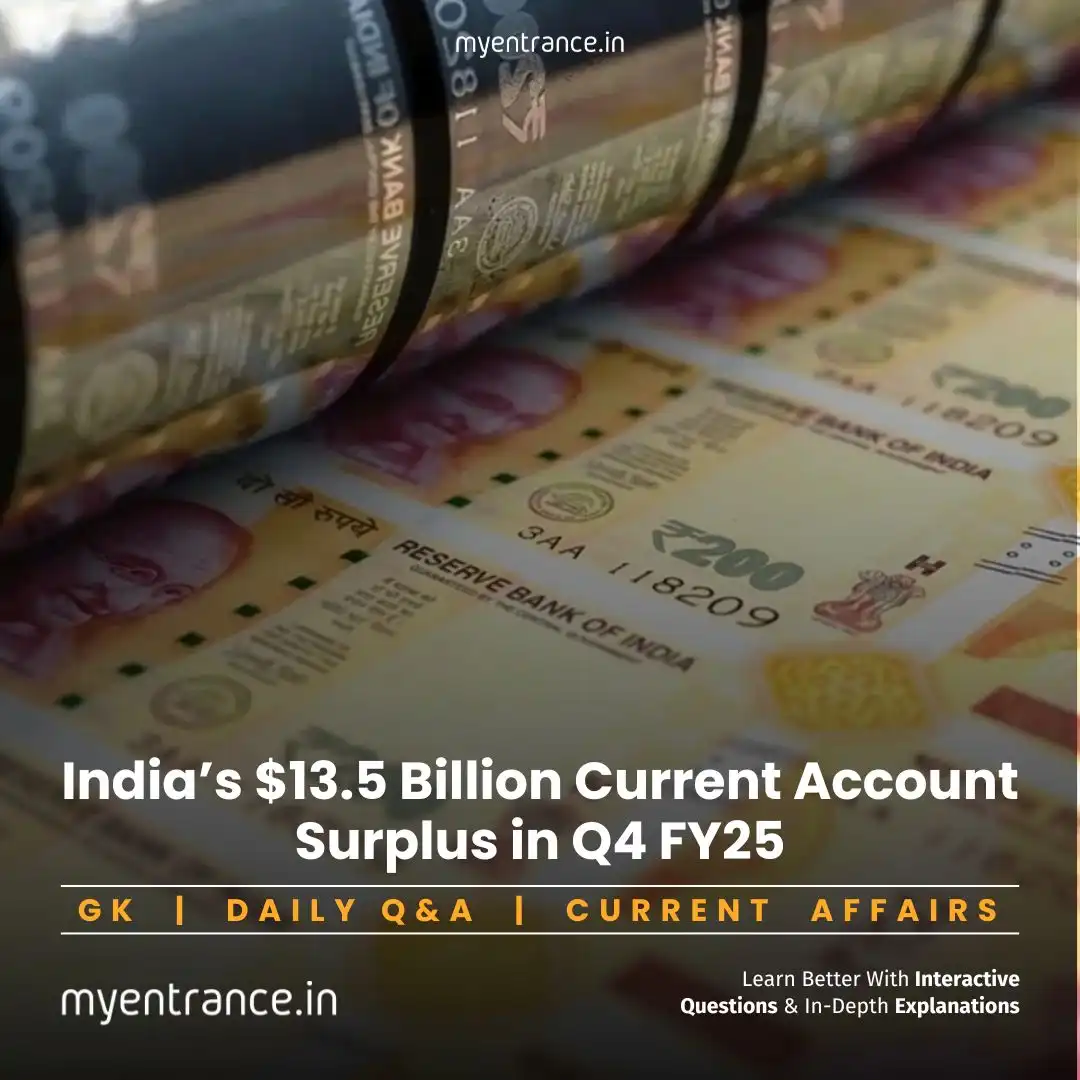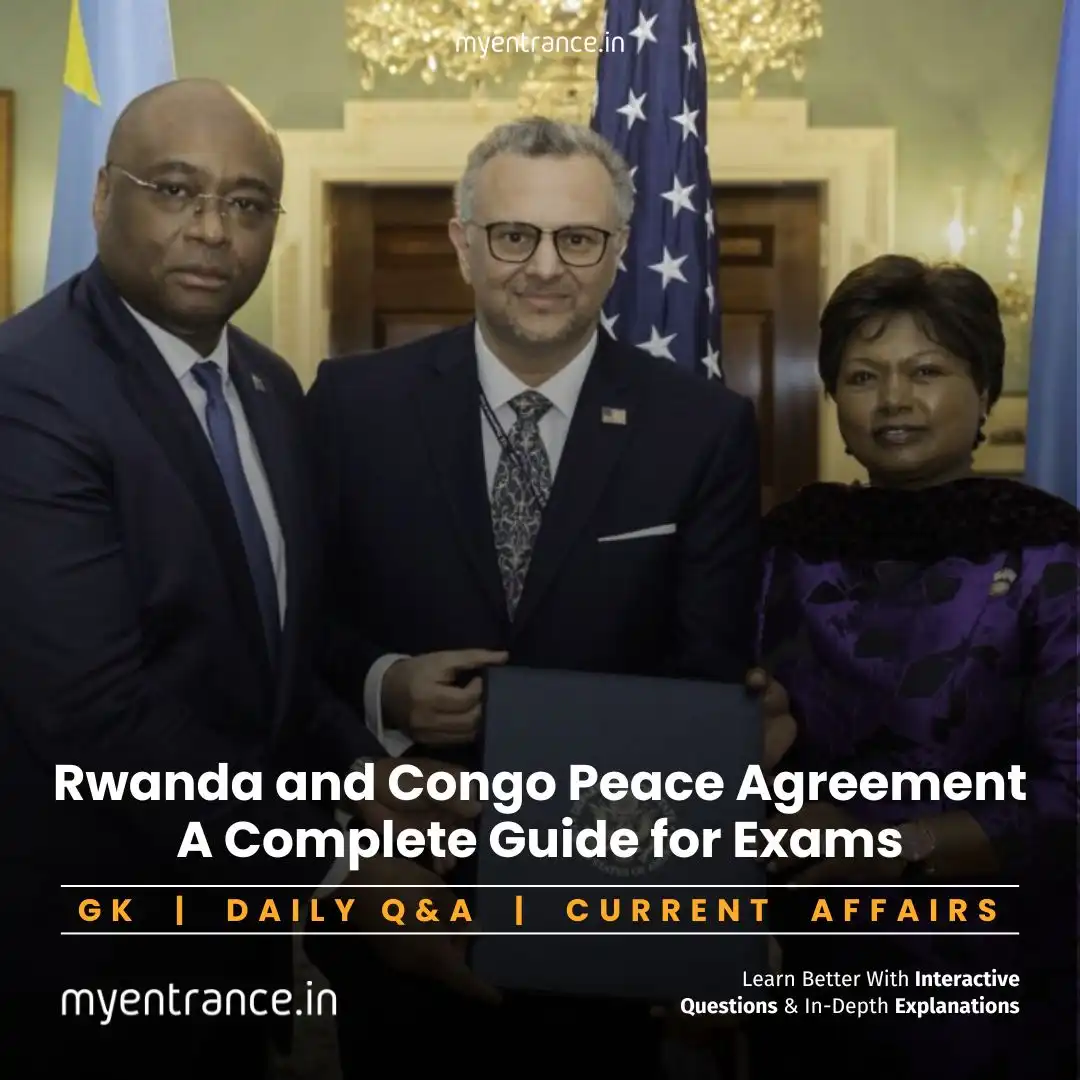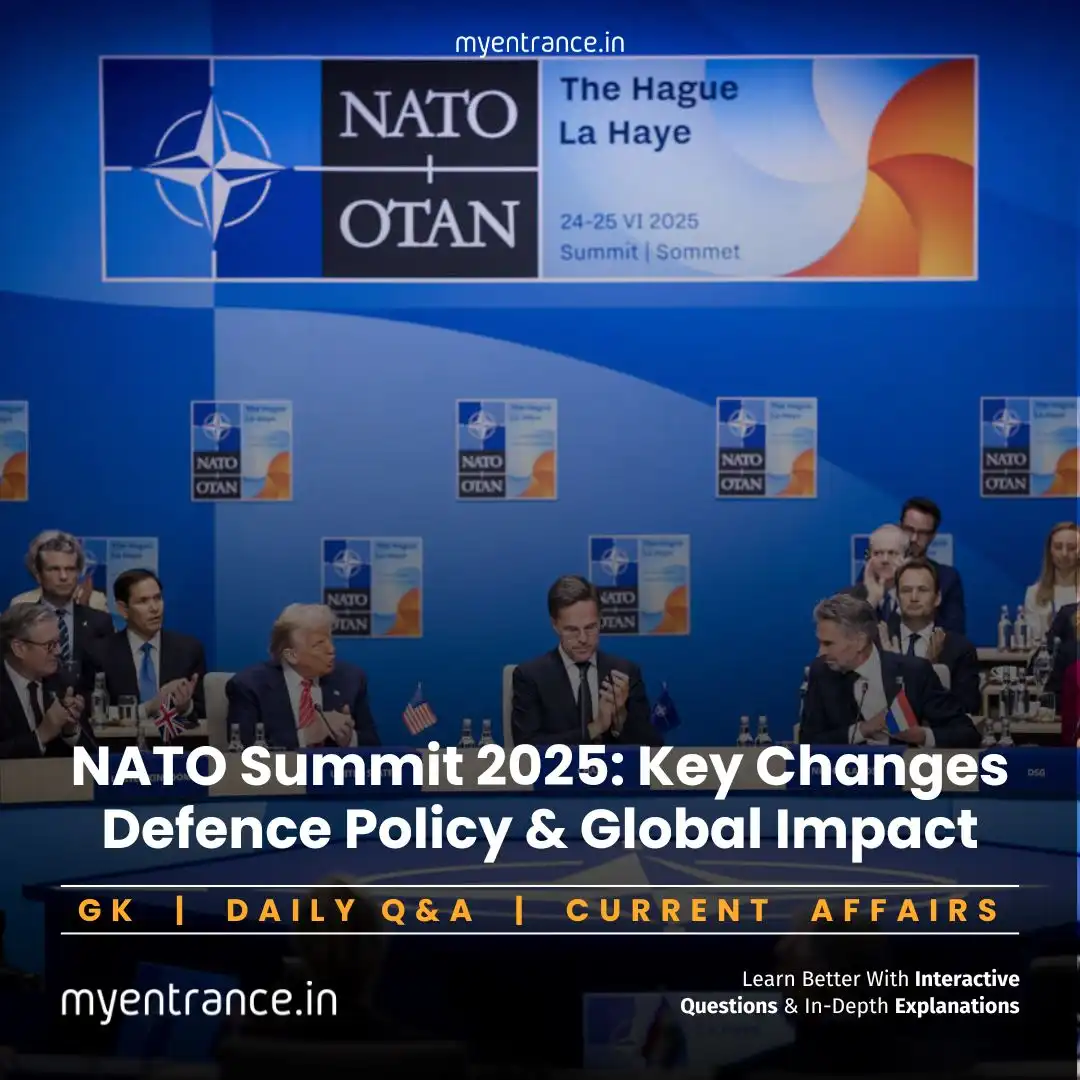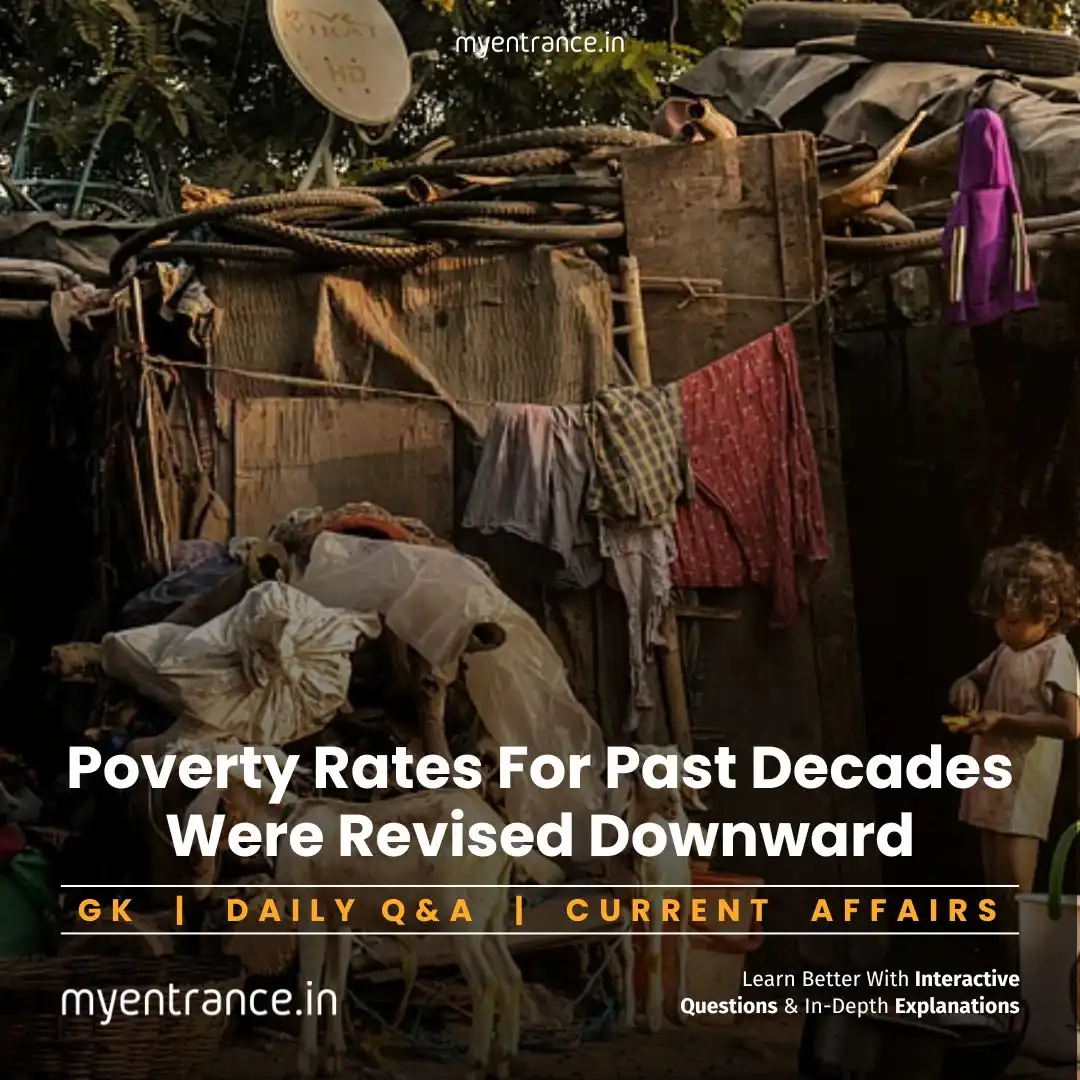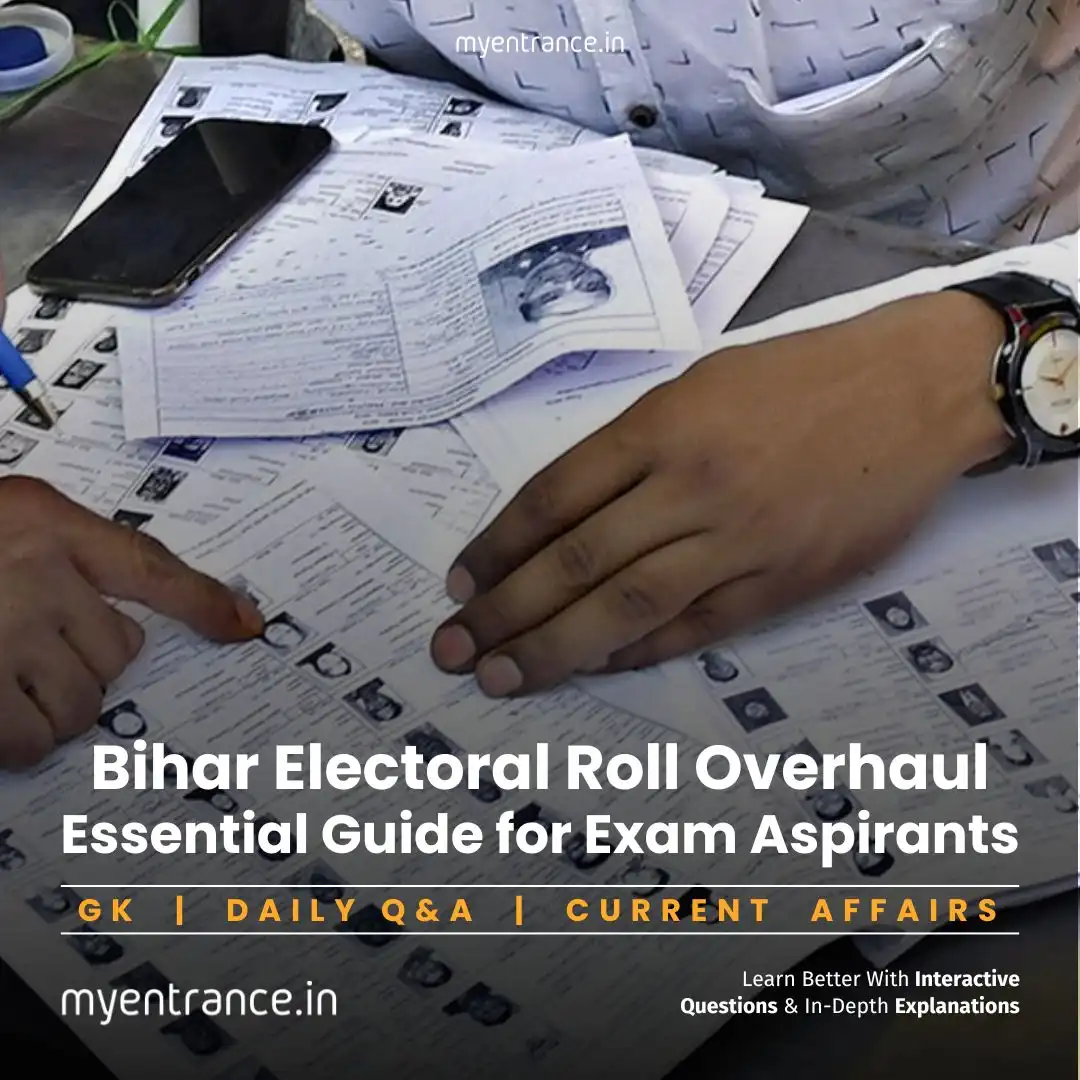Select Language
India’s SCO Standoff: Why Pahalgam Omission Matters
Struggling to stay updated on current affairs for competitive exams? This complete guide breaks down India’s crucial stance at the recent SCO meeting, showing how understanding global events is key to easy preparation and success. Discover why online preparation platforms like MyEntrance are the best site to learn these complex topics effectively.
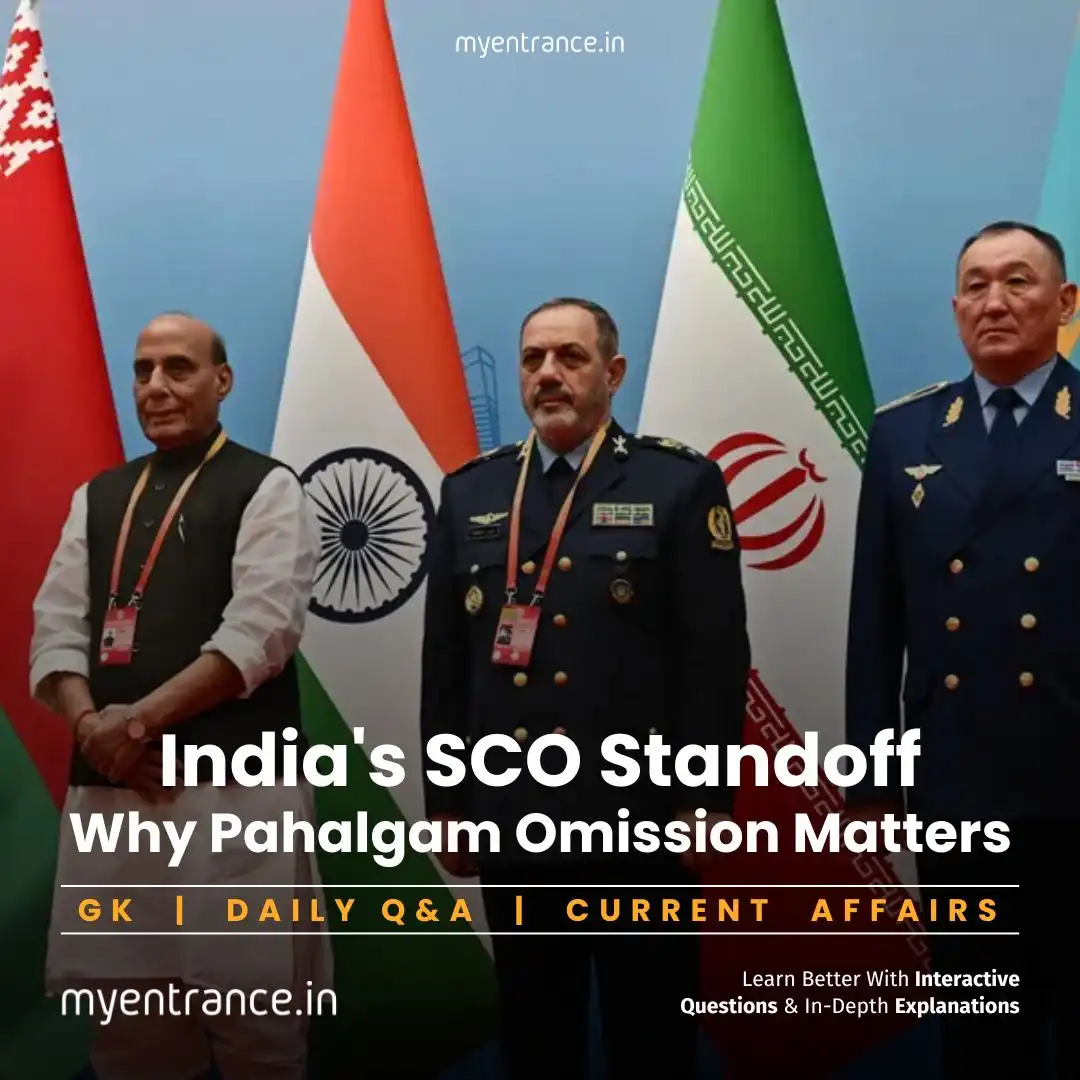
Why is This Important for Exams (SSC, PSC, NIFT, etc.)?
This event hits multiple crucial areas across major exam syllabi:
Current Affairs (Prelims): A direct, high-profile international event involving India, terrorism, and a major regional grouping. Expect factual questions.
International Relations (Mains – GS II): Tests understanding of bilateral/regional groupings (SCO), India’s foreign policy, challenges of multilateral consensus, terrorism as a global threat, and India-Pakistan dynamics within international fora.
Analytical Skills: Requires analyzing why India took this stand, the implications for SCO dynamics, and the message it sends globally.
Map Work: Knowing SCO member countries (China, Russia, India, Pakistan, Kazakhstan, etc.) and their capitals is a common requirement.
Essay/Value-Based Questions: Illustrates India’s principled stance against terrorism, national security priorities, and navigating complex international diplomacy.
Key Points Explained (Human-Written, No Plagiarism):
The recent meeting of Defence Ministers from the Shanghai Cooperation Organisation (SCO) in Qingdao, China, ended unexpectedly without a joint statement. Here’s the breakdown crucial for your exam prep:
The Core Issue: India’s Defence Minister, Rajnath Singh, declined to sign the proposed SCO joint statement. His reason? The draft statement omitted any mention of the April 22nd Pahalgam terror attack in Jammu & Kashmir, while specifically including an incident in Pakistan (the hijacking of the Jaffar Express by the Balochistan Liberation Army in March).
India’s Stance: India protested this as a glaring “absence of a common standard for terrorism.” New Delhi firmly believes terrorism cannot be selectively condemned; all acts, regardless of location or perpetrator, must be treated equally. By refusing to sign, India highlighted this double standard.
What is the SCO?
It’s a permanent intergovernmental organization formed in 2001 (originally as the ‘Shanghai Five’).
Core Goals: Strengthening mutual trust, cooperation in politics/economy/security, maintaining regional peace/stability, and promoting a fair international order.
Current Members (10): China, Russia, India, Pakistan, Kazakhstan, Kyrgyzstan, Tajikistan, Uzbekistan, Iran, Belarus.
Observers (2): Afghanistan, Mongolia.
The Significance of “No Statement”: The failure to issue a communique is unusual and reflects the limitations of consensus in large groupings like the SCO. While consensus ensures all voices are heard, it also allows a single member (like India in this case) to block agreements they find unacceptable, demonstrating both the strength and fragility of the process.
India’s Broader Message: At the meeting, Minister Singh clearly linked the region’s challenges – peace deficits, security threats, and lack of trust – directly to the root causes of “increasing radicalisation, extremism and terrorism.” This stance reinforces India’s consistent position on cross-border terrorism.
Context: This meeting occurred shortly after India’s “Operation Sindoor” targeting terror camps in Pakistan/PoK, adding another layer to the complex regional dynamics within the SCO.
Sample Questions & Answers:
Q: Why did the SCO Defence Ministers’ meeting in Qingdao conclude without a joint statement?
A: India’s Defence Minister Rajnath Singh refused to sign the draft statement because it omitted reference to the Pahalgam terror attack in J&K while mentioning an incident in Pakistan, protesting the lack of a common standard on terrorism.
Q: What is the primary objective of the Shanghai Cooperation Organisation (SCO) concerning regional stability?
A: One of the SCO’s core objectives is to jointly ensure and maintain peace, security, and stability in the region, as outlined in its charter.
Q: Name any four founding member countries of the Shanghai Cooperation Organisation (SCO).
A: China, Russia, Kazakhstan, Kyrgyzstan, Tajikistan, Uzbekistan. (Any four from this list).
Q: What does India’s refusal to sign the SCO draft statement signify about its foreign policy approach?
A: It signifies India’s firm and principled stance against terrorism, its unwillingness to accept selective condemnation, and its readiness to take a stand in multilateral forums to protect its security interests.
Q: Besides counter-terrorism, name two other areas of cooperation promoted by the SCO.
A: The SCO promotes cooperation in areas like trade, economy, energy, transport, culture, science & technology, and environmental protection.
How to Prepare for Entrance Exams (Mastering Current Affairs):
Staying on top of dynamic current affairs, especially complex geopolitical events like the SCO meeting, can feel overwhelming. Simply reading headlines isn’t enough. You need focused, exam-relevant analysis from myentrance.in and practice.
Understand, Don’t Just Memorize: Go beyond dates and names. Grasp the why and how – the motivations of countries, the significance of groupings, and the implications of events.
Connect to Syllabus: Actively map events to your specific exam syllabus (e.g., GS II for UPSC Mains, Current Affairs for SSC/PSC Prelims).
Practice Application: Regularly solve questions that test both factual recall and analytical understanding of current events.
Leverage Predictions: Focus your efforts on the most likely topics to be tested.
This is where MyEntrance.in becomes your strategic advantage. We provide meticulously curated current affairs updates, distilled into exam-focused insights exactly like this breakdown. More importantly, we offer the most predicted questions based on deep analysis of exam patterns and trends. Practicing these targeted questions is the most efficient way to transform current affairs knowledge into guaranteed marks. Don’t waste time sifting through irrelevant news – prepare smarter with MyEntrance.in!
Most Predicted Questions
Comprehensive study materials, Expert-guided tips & tricks, Mock tests and instant results.
Start your SSC, NIFT, NID, FDDI, PSC journey today with MyEntrance, your ultimate online coaching platform.
